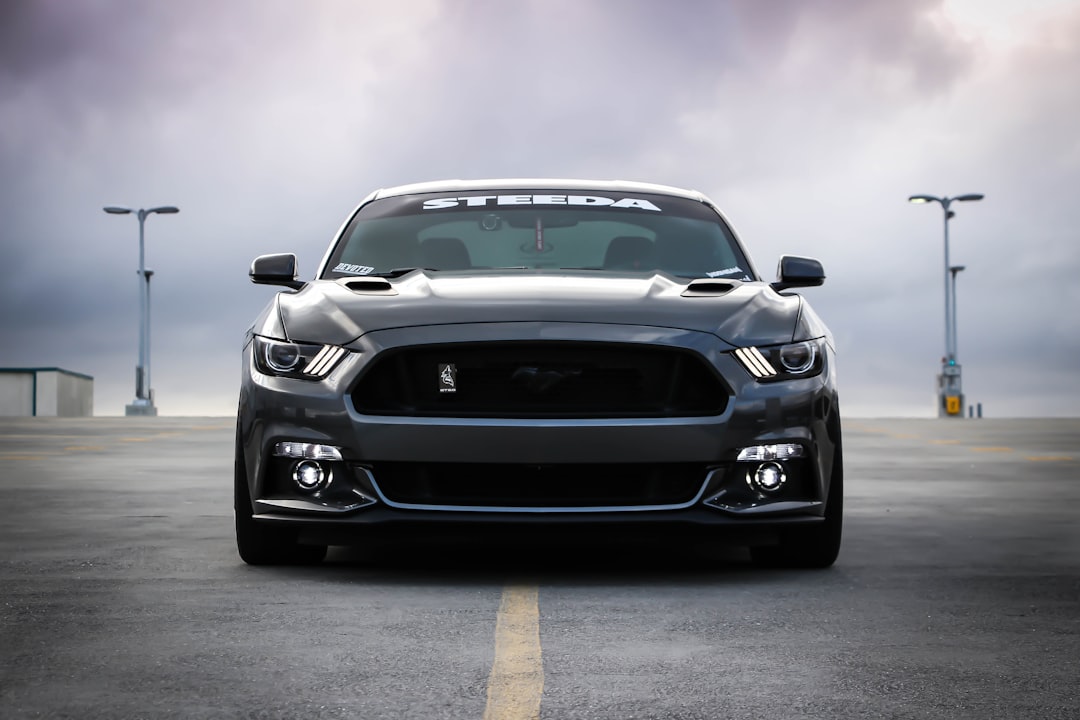Auto makers are in a position where they are able to collect data along the closely tied supply chain in their vertical market. They can also continue to collect and use data on their products from the point of sale through the life cycle of the product with on-vehicle sensors and dealer maintenance visits.
IoT improves the automotive product life cycle design process by accelerating the design and manufacturing timelines. Much of the value that IoT provides in the manufacturing process is the improvement in efficiency of turning around raw materials. Bottlenecks can more easily be identified and productivity improved. Components that deliver less value are considered for removal from future vehicles.
Predictive maintenance looks to identify maintenance issues before they occur. Warranty claim data along with sensors in similar vehicles can be used for analysis. Predictive analytics applications through IoT in every vehicle of a specific make/model can be compared with warranty claim trends. Comparing data in repair and failure leads to specific correlations in part failure and repair. As data sets grow larger over time, auto makers can tailor individual service to customers based on their predictive analytics.
Attracting and marketing to customers is the main goal for auto makers beyond safety. The auto industry is a low profit margin business and growing market share is top priority. Traditional media such as television, radio and print as advertising mediums have lost effectiveness over time. Some of these costs are taken on by dealers, but in any case dollars can easily be wasted through spending money on the wrong medium. Every advertising dollar an auto maker spends needs to go further. Developing lasting customer relationships to nurture repeat business is more important than ever before. Consumer data gathered through IoT delivered to the cloud can provide auto makers with the data needed to improve ROI on their advertising spend. Integrating this data with an existing CRM allows auto makers to make specific, targeted campaigns to different market segments.
Technology in the rapidly advancing IoT industrial markets will continue to influence the auto industry now and in the future. Autonomous self-driving cars are being tested and prototyped by all major auto manufacturers. Self-driving cars mass produced and marked to the public are less than ten years away. Auto makers must continue to leverage the cloud and identify pain points through IoT to make adjustments as necessary in the life cycle of a car. Effective data driven solutions for the auto maker and consumer will move closer to real-time as IoT efficiency improves over time.




































